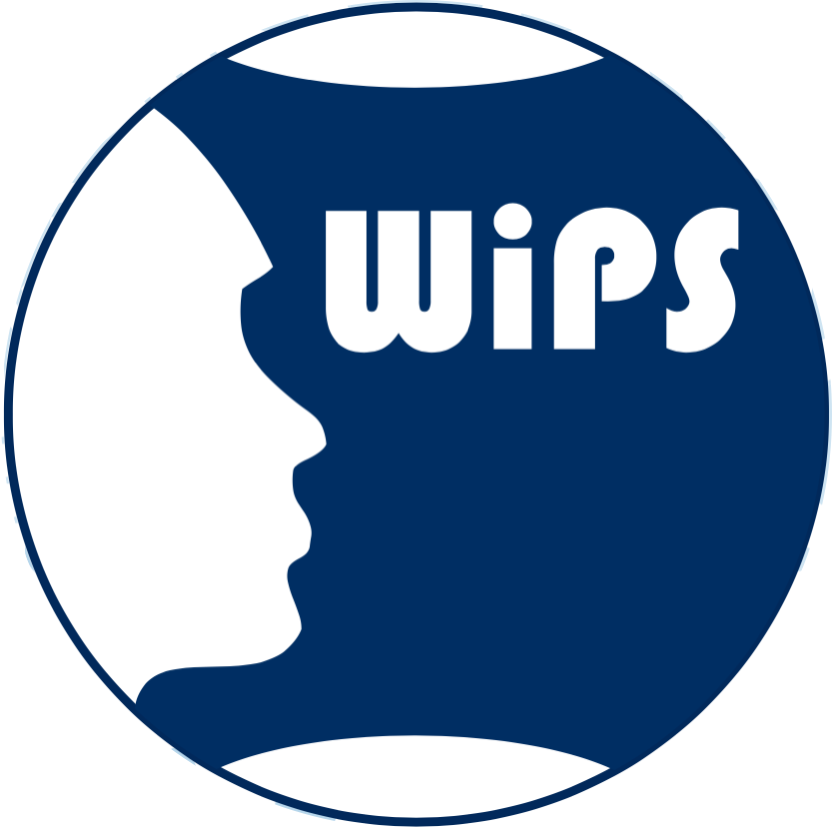Simone Maria Stünzi, PhD
Alfred Wegener Institute, Helmholtz Centre for Polar and Marine Research (Germany)

Simone, in black gear, is at Kangiata Sullua (Ilulissat Icefjord) in Greenland in September 2022. With her team, she conducted fieldwork in the areas of Ilulissat and Qeqertarsuaq. During their research, they recorded permafrost temperatures and ground moisture content, described the vegetation cover, and installed fibreglass sticks to monitor ground subsidence - the settling of permafrost ground that can lead to infrastructure failures.
What’s the work that you do?
I am fascinated by how different parts of an ecosystem interact with each other and how they react to changes in climate. Specifically, I study the vast boreal forests that cover parts of the permafrost regions in Siberia and Canada. These forests make up one-third of the world’s forests and are essential for regional and global climate patterns. The trees do more than provide oxygen or shelter for wildlife. They play a crucial role in regulating the temperature of the permafrost underneath. With changing climate conditions, near-surface permafrost is at risk. As the active layer deepens or the permafrost disappears, the entire ecosystem can be thrown out of balance. Additionally, changes in vegetation density and distribution can impact the feedback mechanisms between the forest and the permafrost. That’s where my research comes in. My work aims to understand how the interactions between vegetation, permafrost, and the atmosphere stabilize the forests and the underlying permafrost and how this is modified under changes.
What keeps you going?
My research is my passion as it enables me to devise innovative ways to comprehend the intricate interactions of complex ecosystems. By combining numerical modelling, remotely sensed land cover data, extensive fieldwork, and statistical analyses, I have developed novel approaches that push the boundaries of ecological research. I also collaborate with experts from different disciplines and cultures, which broadens my knowledge and deepens my interest in diverse methodologies. These partnerships have led to the creation of unique and valuable fieldwork datasets, which enable us to better understand and conserve one of our planet’s most delicate ecosystems.
What’s your message to the world?
The exceptional opportunity to participate in fieldwork in the Arctic has had a profound impact on my perspective. The things I saw, smelled and felt have left a lasting impression on me. The Arctic communities hold so much knowledge from diverse and rich cultural backgrounds, skills, and abilities to survive in challenging environments. In a rapidly changing world, it is crucial for humans – a small but significant portion of life on Earth – to remain open-minded and curious. Only by including everyone will genuine progress towards a more sustainable future be made.
Organisation: Alfred Wegener Institute, Helmholtz Centre for Polar and Marine Research (Germany)
Nationality:
Switzerland
Disciplines:
